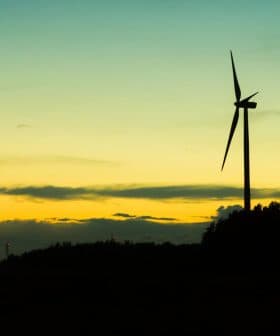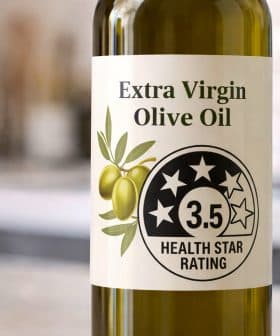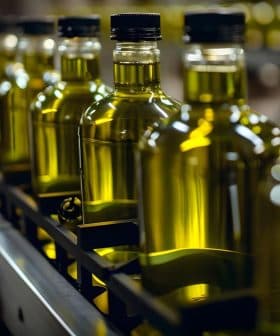EU Committee Approves Elimination of 18-Month Shelf-Life onextra virgin olive oil Labels
The Senate’s EU Policies Committee voted to implement a law that provides for the controversial elimination of the 18-month shelf-life on the label of extra virgin olive oil and indications of the origin.
The Senate’s EU Policies Committee voted to remove the 18-month shelf-life limit on labels of extra virgin olive oil and indications of origin, implementing European law 2015. This decision has sparked controversy in Italy, with concerns about consumer safety and quality of olive oil.
The Senate’s EU Policies Committee voted to implement the EU law that provides for the elimination of the 18-month of shelf-life limit on labels of extra virgin olive oil and indications of the origin.
Article 1 of European law 2015 provides for the option to bottle extra virgin with an expiration longer than 18 months.
The 18-month limit is now required by an Italian law, which is more rigid than the Community legislation, but certainly more favorable to the preservation of quality olive oil and to safeguard the consumer.
The measure, which implements, among other things, the European Union Directive on the provision of food information to consumers, aims to amend article 7 of the law 9/2013 which states: “The minimum storage period within which virgin olive oils retain their specific properties when in proper usage conditions, may not exceed eighteen months from the date of bottling.”
“The approval of a measure that removes the shelf life limit of extra virgin olive oil facilitates the disposal of old olive oil and denies an important safeguard for the consumer,” claimed the president of Coldiretti Roberto Moncalvo. “It is a mistake that endangers the quality in Italy.”
Despite numerous studies have shown that over timeextra virgin olive oil modifies its features, Italian law seems to be too rigid for the EU, which ordered the removal of the limit.
Italy risks the opening of an infringement procedure. With the implementation of the EU guidelines, the expiration date will be decided freely at the discretion of bottlers.
“This amounts to the deletion of the expiration date since everyone can decide the date based on his own commercial interests,” Coldiretti urged. “There is an obvious risk that someone will take advantage of it.”
The 2015 European law 2015 also intends to suppress the measures which provide for the indication of the origin of blends of olive oils with different and more noticeable chromatic relevance than the background color, compared to the other indications and descriptions, to the further detriment to quality and consumers, according to the main part of the Italian olive sector.
Some manufacturers are rebelling and decided to persist to indicate the 18-month shelf-life limit on labels of their extra virgin olive oils. Among these, the farmers from Marche region will continue to state it on their bottles. “We will continue to ensure the quality of our products to consumers,” affirmed the president of Coldiretti Marche, Tommaso Di Sante.
The vote is formally not definitive since the Senate has the last word on the decision, but there is not much chance to overturn the government’s direction about the EU mandates.









